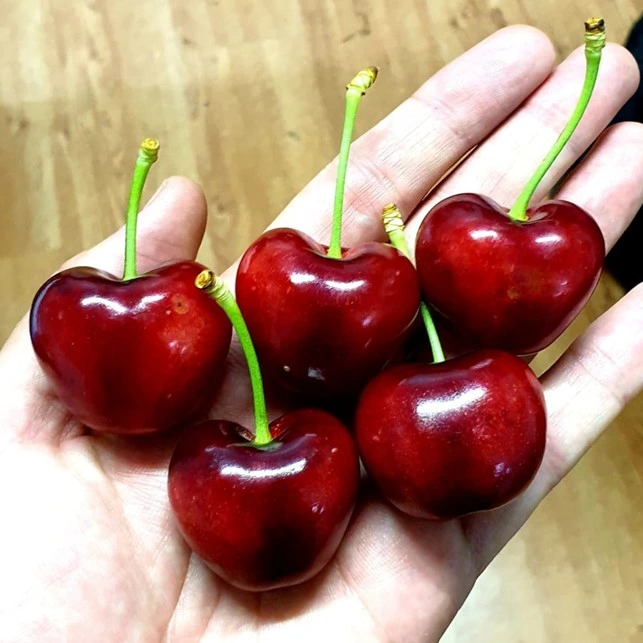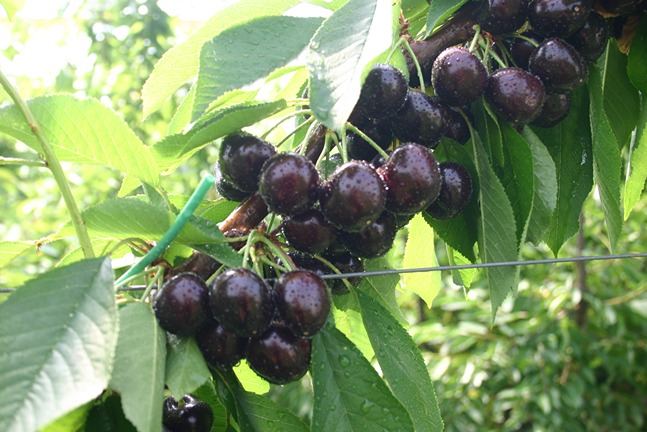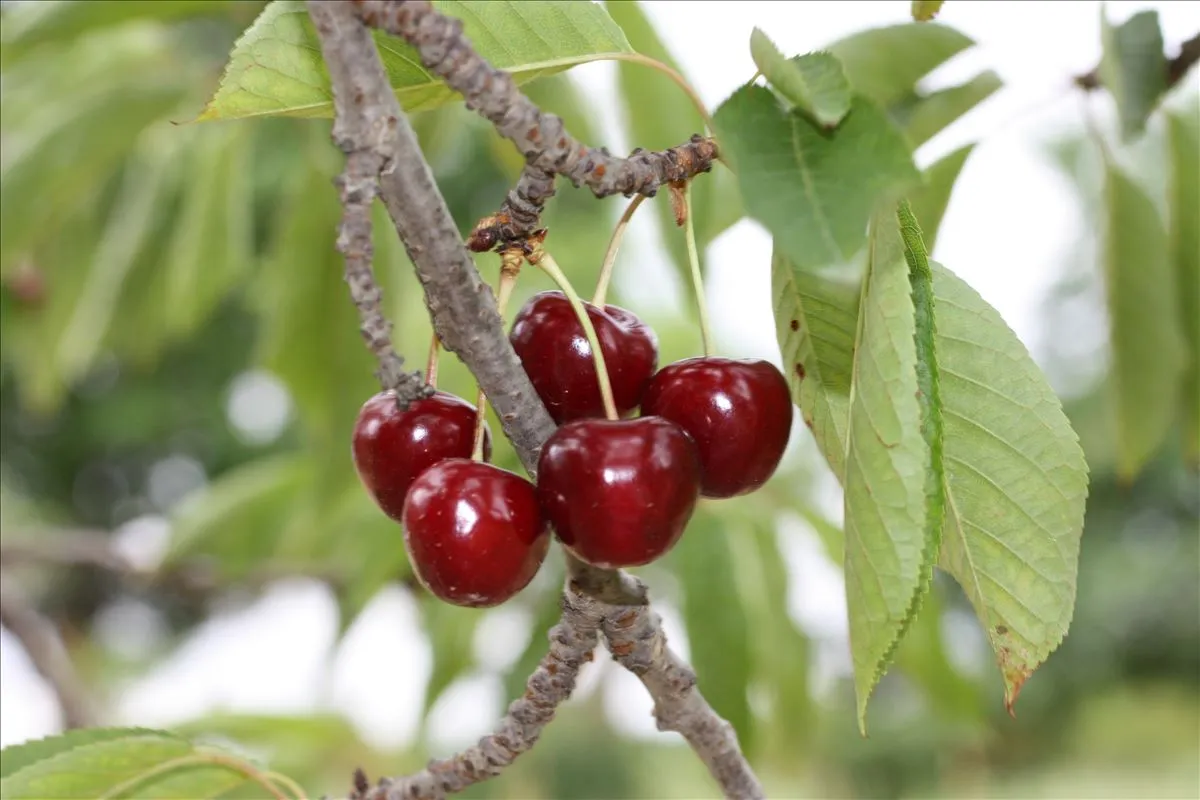
In this season, we are faced with a situation of large flower supply and high production estimates in cherry trees, which physiologically results in increased competition for the accumulated reserves and carbohydrates generated in photosynthesis. This can cause difficulties in defining the size of the fruit. Complementary to the application of cytokinin to enhance stage I of fruit growth and improve caliber, the other important stage when defining fruit caliber corresponds to stage III of fruit growth and development, where the hormone responsible for this process is Gibberellic acid, which is mainly responsible for cell elongation...
We are excited to announce the third episode of our new column"The expert reports", a series of exclusive articles curated by Patricio Morales, a renowned Chilean consultant and internationally recognized agronomist. These in-depth articles will be available only to our most loyal readers.
Want access? Sign up for our free Cherry Times newsletter! This is the only way to receive each new article from this column directly in your inbox and stay updated with high-quality advice and analysis. Don't miss this unique opportunity!
Sign up for the Cherry Times newsletter for free!
Cherry Times - Tutti i diritti riservati











